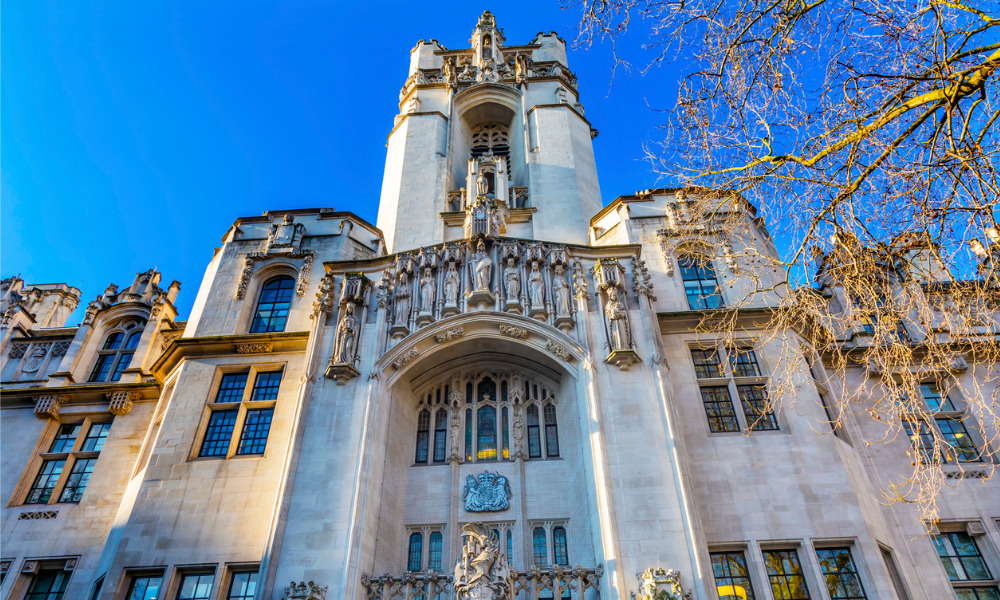
The move would downgrade the nation’s top court, Robert Reed says

UK Supreme Court president Lord Robert Reed has slammed calls to rename the Supreme Court.
In a speech to the House of Lords constitution committee, Reed described a re-labelling of the court as “a deliberate downgrading and undermining of the most prestigious common law court in the world,” reported the Law Society Gazette.
“‘I saw somebody wanted to call us the Upper Court of Appeal…Internationally, if that change were made, people would think ‘what on earth is Britain playing at, downgrading its top court’,” Reed said. “It would not be good for our international reputation.”
He pointed out that there was nothing strange about the UK applying the title of “Supreme Court” to its highest court, and that the UK’s Supreme Court was nothing like its US counterpart.
“The idea that seems to lie behind this proposal – that calling a court a ‘supreme court’ results in its behaving like the American one – is simply idiotic,” Reed said. “The reason for the politicisation of the US Supreme Court is that its members are appointed politically. The judges of the UK Supreme Court are not.”
Changing the name and structure of the Supreme Court, he said, would be seen as “an act of spite.”
Reed also expressed his thoughts on the court’s adoption of technology while the nation has been in lockdown, saying that the court welcomed the use of electronic bundles. He also outlined the positive aspects of remote meetings, events and programmes.
However, he also considered physical hearings to “work better” than remote ones.
“We do want to revert to physical hearings in Supreme Court as soon as we can because they do work better. Counsel find they work better and so do we because the whole experience is much more spontaneous and interactive than it becomes online,” Reed said.
Moreover, he shut down suggestions to replace the permanent 12-judge body with “ad hoc assemblages.”